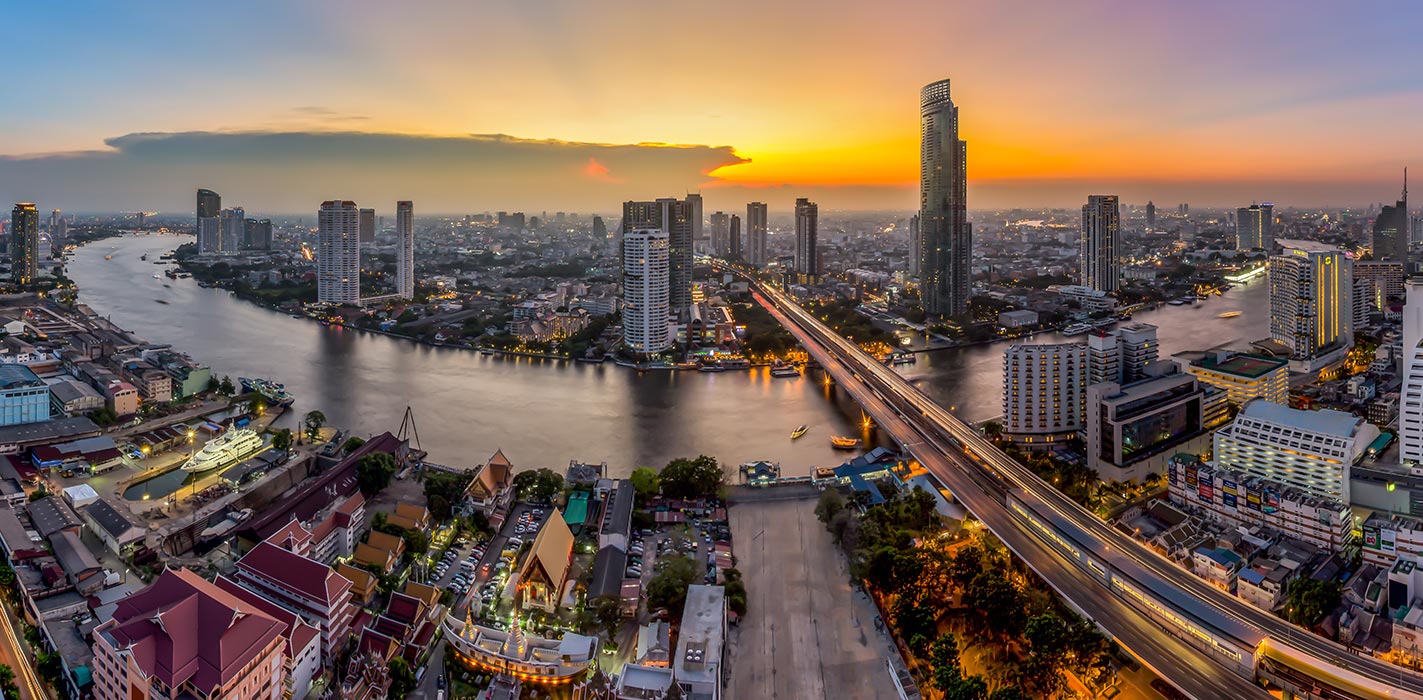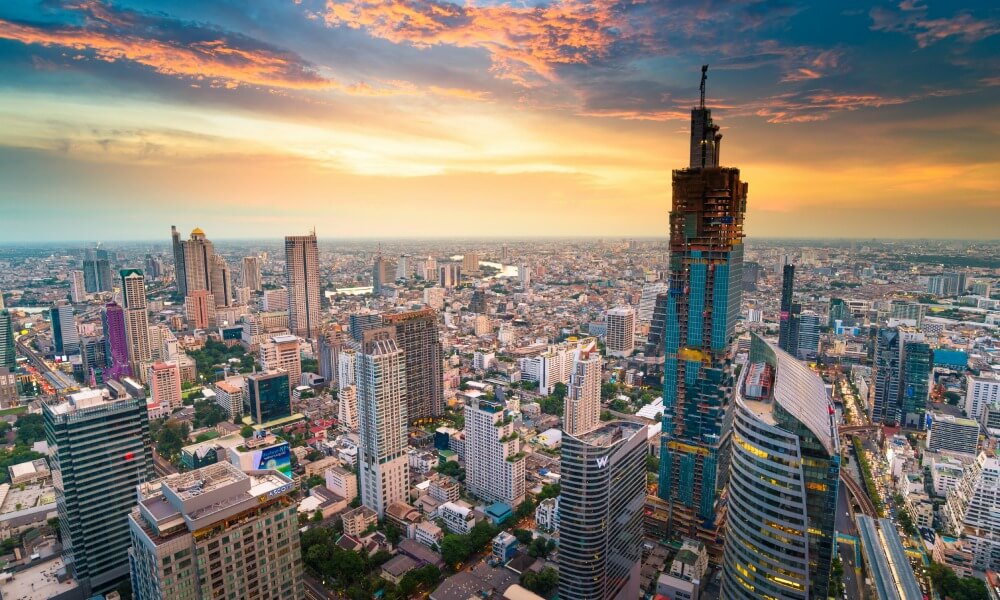Thailand, The Second Largest Economy In 10-Nation ASEAN
Thailand’s government has taken measures to enhance regulatory efficiency and better integrate the economy into the global marketplace. Following Indonesia, Thailand is the second largest economy in the 10-nation ASEAN. Major sectors including electronics, car making, transport, storage, communication, tourism, finance and real estate.
Current Economic Situation
Thailand is the second largest economy in the 10-nation ASEAN, following Indonesia.
The Thai economy expanded by 3.7% year-on-year in second quarter of 2017, stepped up from 3.3% in the previous quarter, thanks to a sturdy growth in the agriculture sector and the major service industries including hotels and restaurants/tourism etc.
Thailand’s Economy Latest Development
- The Thai government has accelerated the implementation of national reform, in particular the “Thailand 4.0” policy, prior to the elections expected by the end of 2017
- Thai exports growth went up by 5.2% year-to-year in second quarter of 2017, thanks to strong rice exports and improved global demand of electronic products and electrical appliances, while expanded by 9.1% year-on-year in the same period.
- Hong Kong’s cumulative FDI in Thailand reached US$10.9 billion in 2016, making it the fifth largest FDI contributor. In the same period, China’s FDI stock stood at US$3.6 billion.
Hong Kong’s exports to Thailand increased by 12.1% to US$3,998 million in the first seven months of 2017, while imports from Thailand expanded by 7.7% to US$6,396 million.
External Trade
Thailand is one of the world’s most important electronics manufacurers. Their major exports is computers, automobiles, machinery and equipment. Its main imports include crude oil, parts of electronics and electrical appliances, chemicals, automobiles and parts.
Thailand’s exports of goods recorded 5.2% YOY growth in second quarter of 2017, advanced from 2.6% in the previous quarter, with the increase supported primarily by strong rice exports to Africa, China and Iran as well as improved global demand for electronic products and electrical appliances. In the same period, and the imports expanded by 9.1% year-on-year, thanks to an increase of animal and fishery products and intermediate goods.
 Investment Policy
Investment Policy
Thailand provide pro-investment policies to boost foreign direct investment. It allows in all sectors except for projects related to national security, agriculture and fisheries, and mass media while there is restriction on foreign ownership in specific sectors, such as telecommunications, banking, and insurance, under specific laws.
Thailand Property Market
The government has several mega-projects under constructions. There are multiple new mass transit lines being built that will debut in the coming years. New supply and residential demand always follows. There are also other projects such as the double-track railway, new highway, and several airport expansions in the works. The total infrastructure improvement budget this year is set at THB 1.79 trillion with THB 8.9 trillion estimated to be spent on 36 projects to improve the country’s transportation network during the next few years.
Furthermore, the Government Housing Bank launched a stimulus package featuring low interest home loans to encourage more transactions and market growth earlier this year. The interest rate will surge to around 1.75 per cent next year due to the inflation rate. This is why it’s not a bad time to buy properties. Meanwhile, with consumer confidence and the economy slightly improved, the property market this year is expected to grow by 5 per cent.
For more details and interest in Real Estate and investment please Click Here




 Investment Policy
Investment Policy













